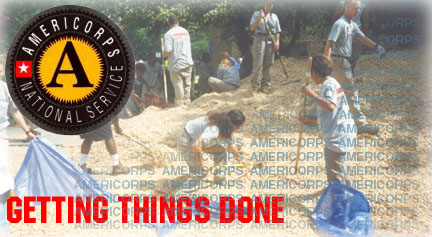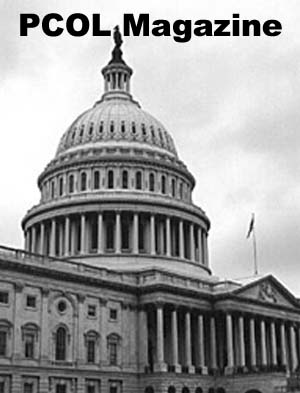
| By Admin1 (admin) on Sunday, August 10, 2003 - 9:58 am: Edit Post |
The AmeriCorps Follies

The entire concept of paid volunteerism is an oxymoron, all the more so when the cost to taxpayers of this altruism is $16,000 per "volunteer." Like all federal programs, the tendency of AmeriCorps is to measure its worth by inputs -- spending and employees -- rather than by the output of how much good it actually does. The fact that someone as capable as Mr. Lenkowsky has given up on it confirms our worst suspicions about the imperatives of federal nonprofit outfits.Read the op-ed at:
At a time of more urgent federal priorities -- such as the war on terror -- the concept of federally subsidized volunteerism strikes us as something the country can't afford. Millions of Americans perform countless acts of unsubsidized charity every day. If Congress lacks the nerve to kill AmeriCorps, then we're glad it at least won't throw more good money after bad.





